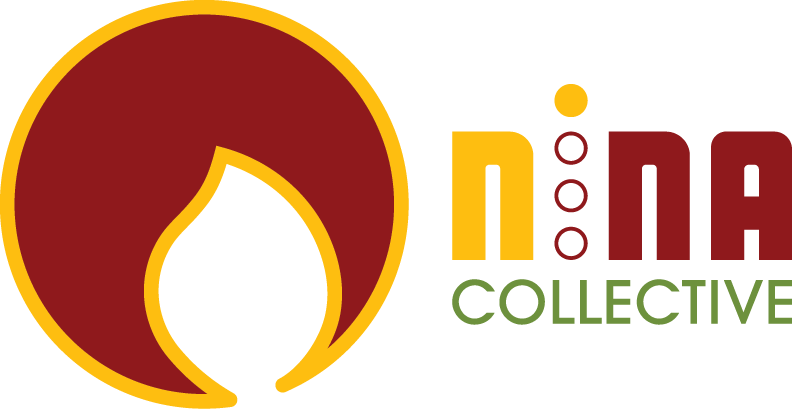The least we can do
On the weekend of the 4th of July holiday, as coronavirus cases spike to extraordinarily dangerous levels across the nation, I am reflecting on a piece I wrote a couple months ago but never finished.
I had written about being astounded and saddened by the fact that deaths from COVID-19 had, by the end of May, far surpassed that of the losses we endured as a nation during the Vietnam War. That war, which lasted 11 years, killed 58,220 Americans. As of July 2, 2020, in less than six months, the coronavirus has killed 130,000 Americans.
Ironically and sadly, it is many in this same generation, whom we respect and honor for their sacrifices on the battlefields overseas or in the struggles at home fighting for racial equality some 50 years ago, who are again paying the highest price in 2020. Those who were in their 20s in the late 1960s are in their 70s today and disproportionately at risk of being killed by COVID-19. Moreover, the Black, Brown and Native heroines and heroes of both our civil rights movement and our wars are now seeing their communities disproportionately impacted and, in some cases, decimated by the pandemic.
By outright failing to protect these citizens with even the most basic tools of protection like expanded testing, contact tracing, mask wearing and supports for staying at home, many of our leaders are being complicit in the demise of a generation that gave so much. Those over 65 are paying an awful price for this dangerous and wanton disrespect for their past contributions and their current well-being. In essence, we, as a country, are declaring as “expendable” the lives of hundreds of thousands of our grandparents, parents, older friends and colleagues by our leaders’ unconscionable refusal to take comprehensive and united action.
Our desire for this challenge to disappear will not make it so.
We are not a helpless nation! We have unparalleled economic resources; we are ingenious and innovative; we have the power to change the dangerous trajectory of this virus. But do we have the will? Can we set aside our short-term individual interests and temporarily relinquish some of our conveniences and comforts to save those who are most vulnerable — the elderly, the disabled, the underinsured, the ill-housed, communities of color and frontline workers? Are we willing to make some real sacrifices to save our loved ones, partners, children, parents, grandparents, uncles, aunts, brothers, sisters, friends and neighbors?
Since we have been faced with this virus, we have at times demonstrated that we can make critical and immediate changes to policies to ease the burden on those less resourced and expand our safety net to include paid sick leave, enhanced unemployment benefits, support for small businesses and elimination of health care barriers. We need to keep doing these and much more. We cannot give up, even if some of our so-called leaders already have.
Instead, as a united people:
• We can stay home, wear masks, wash our hands and socially distance.
• We can ask young people to be the generation that we can look back on and say, "you saved a nation."
• We can stand up for those elderly, disabled, and the health-compromised by giving them the critical help they need to protect themselves and stay out of harm’s way.
• We can insist on dramatically increasing our nation’s investment in under-resourced communities of color which are now enduring a disproportionate hardship from this pandemic as just another consequence of centuries of structural racism.
Our future depends on tackling this together through our individual behavior, as well as our collective response. Because if we fail to protect those among us who are most vulnerable, we ultimately fail our most basic moral obligation as a society. Trying to fulfill that obligation is the least we can do.
Erica Nelson is an Affiliate Member of the nINA Collective and the Race to Equity director at Kids Forward.
